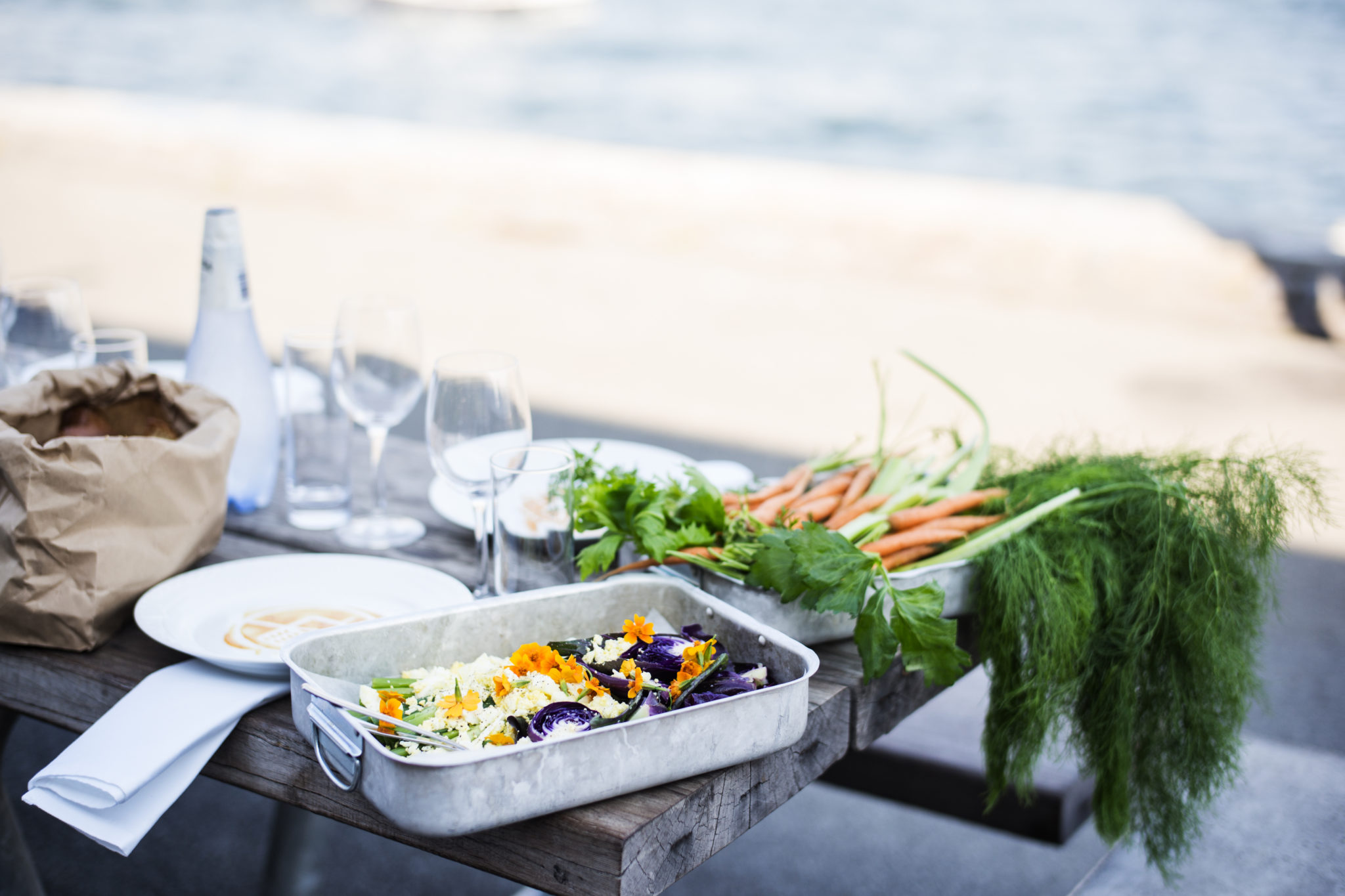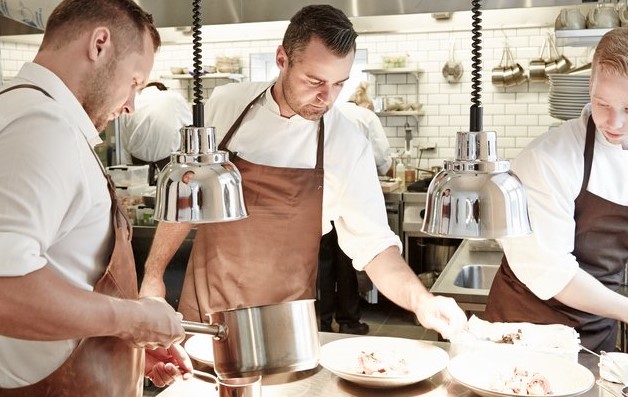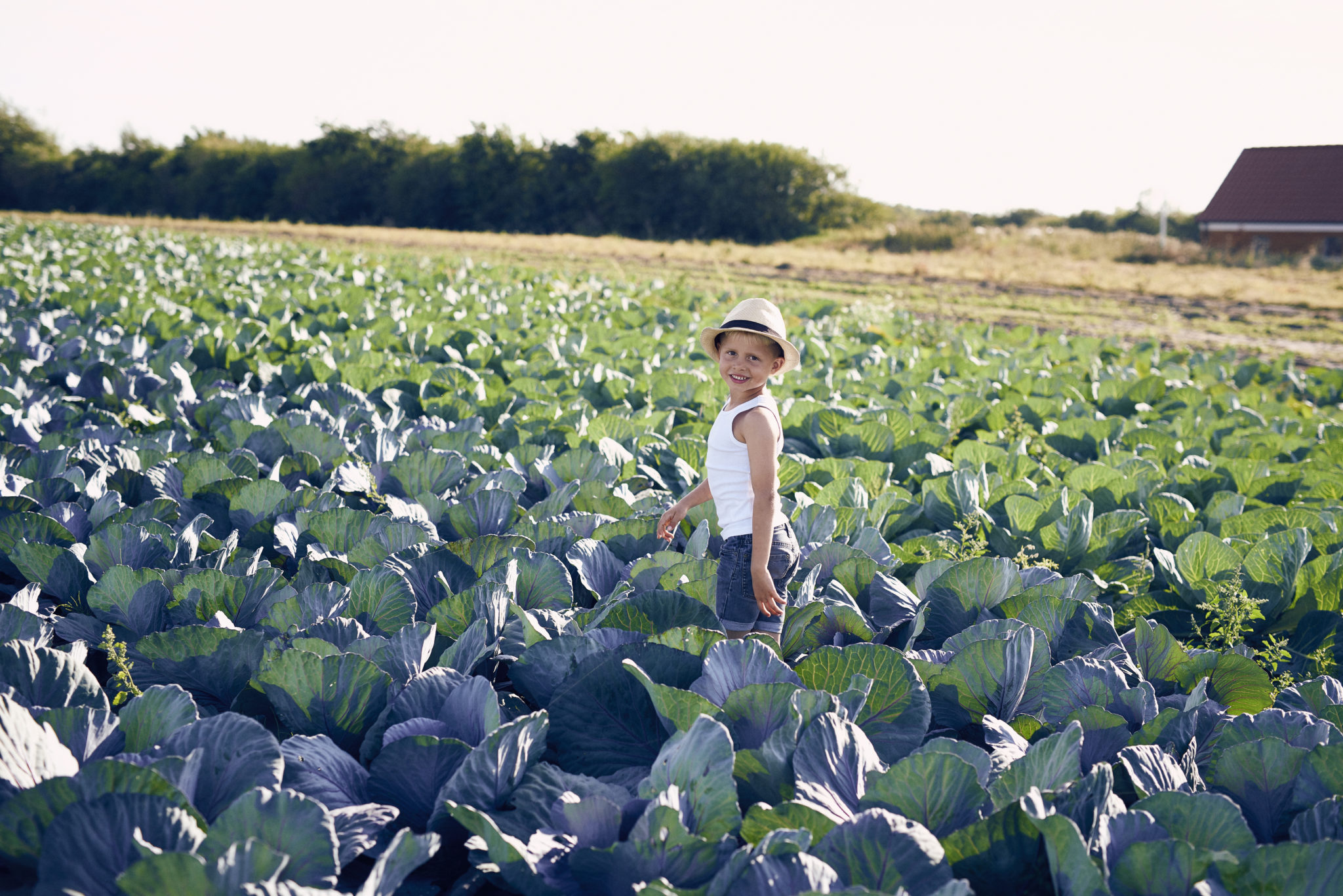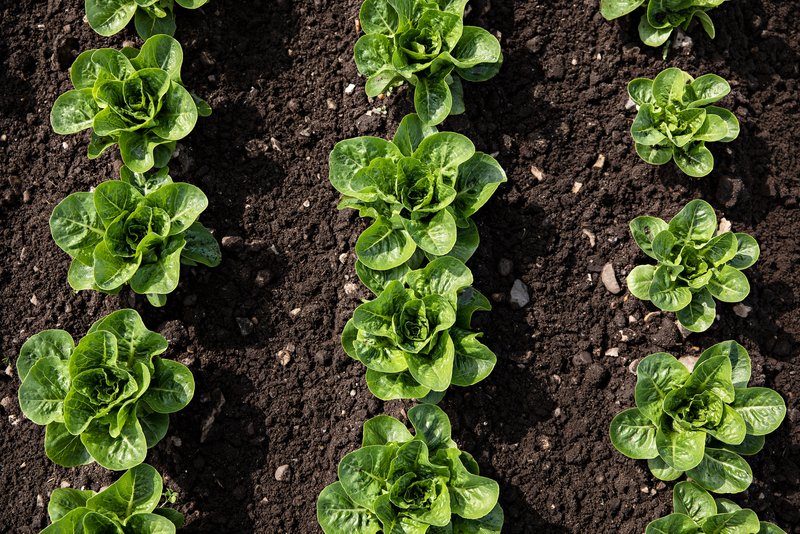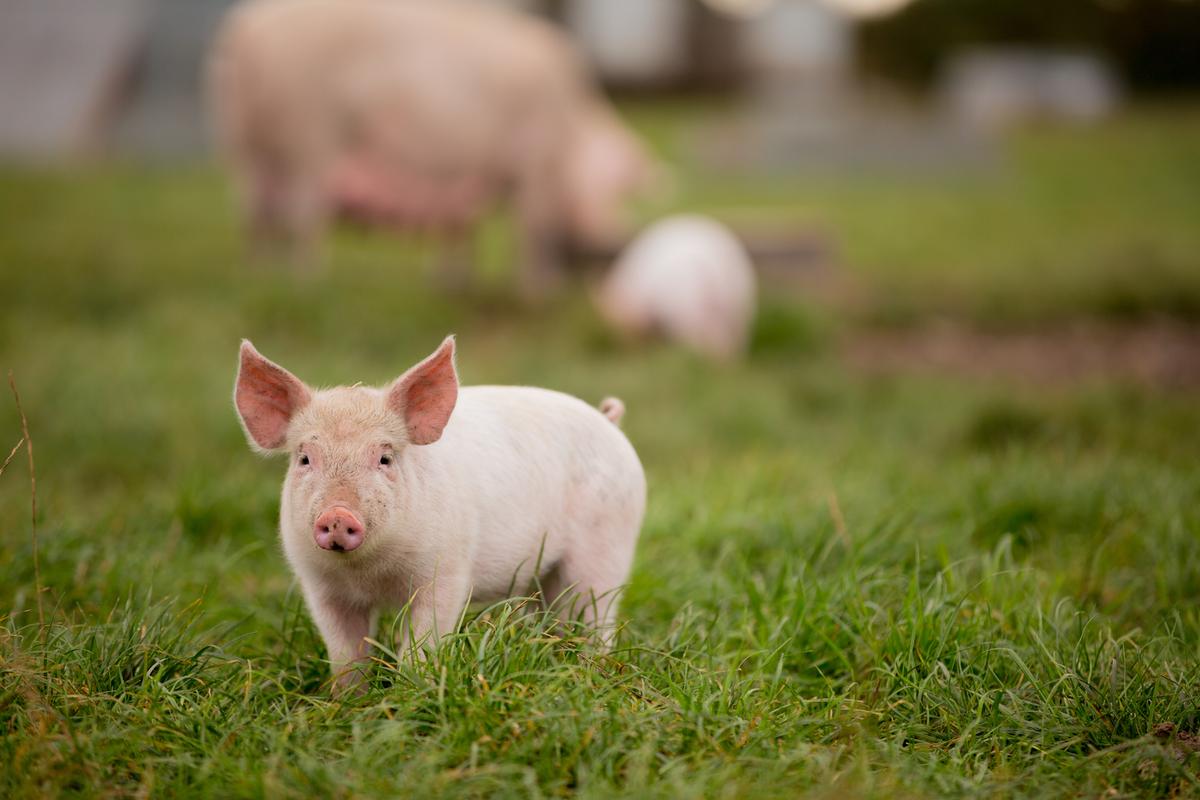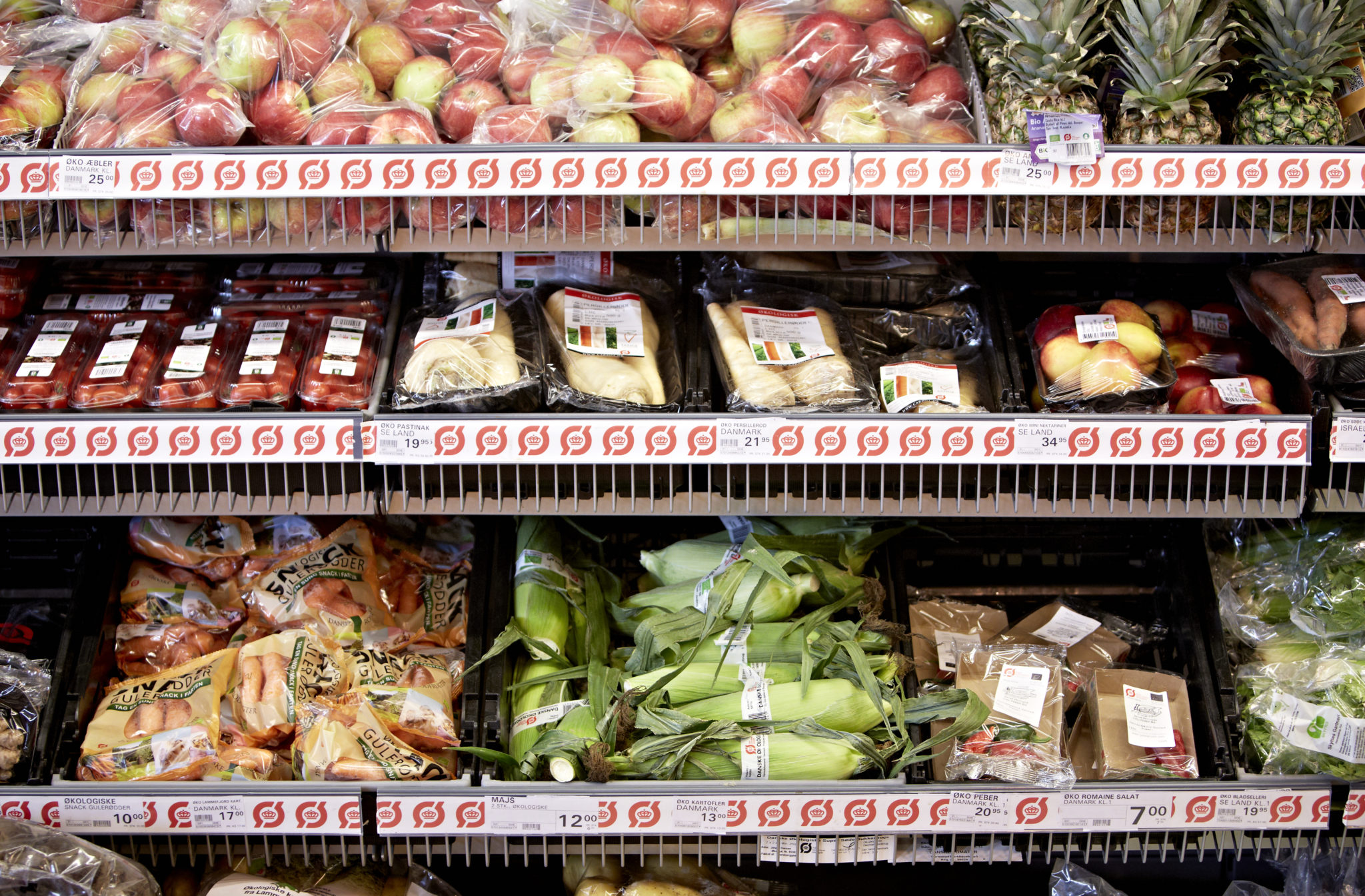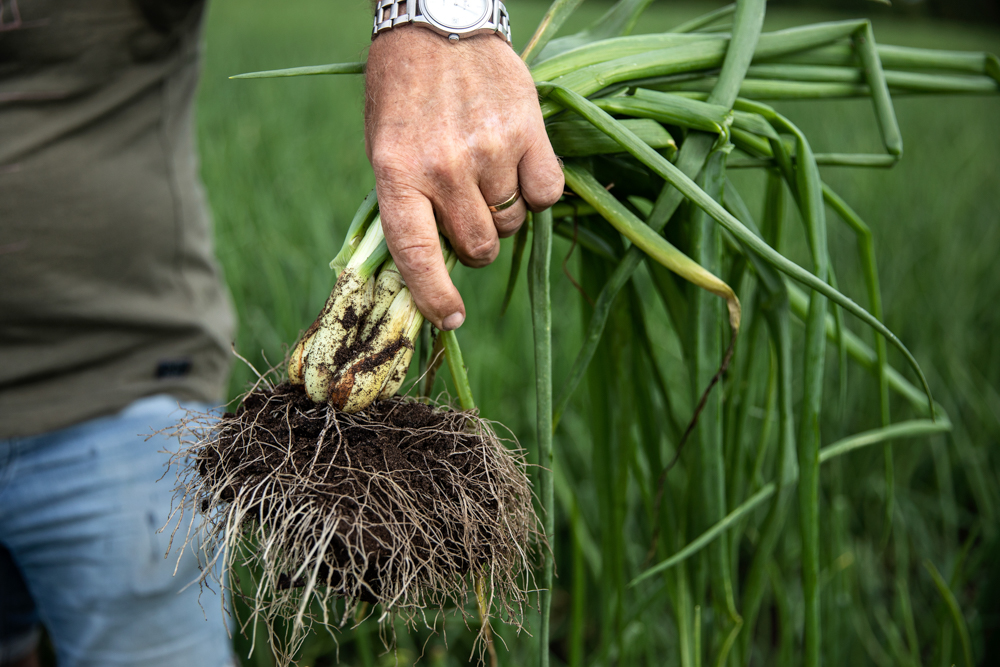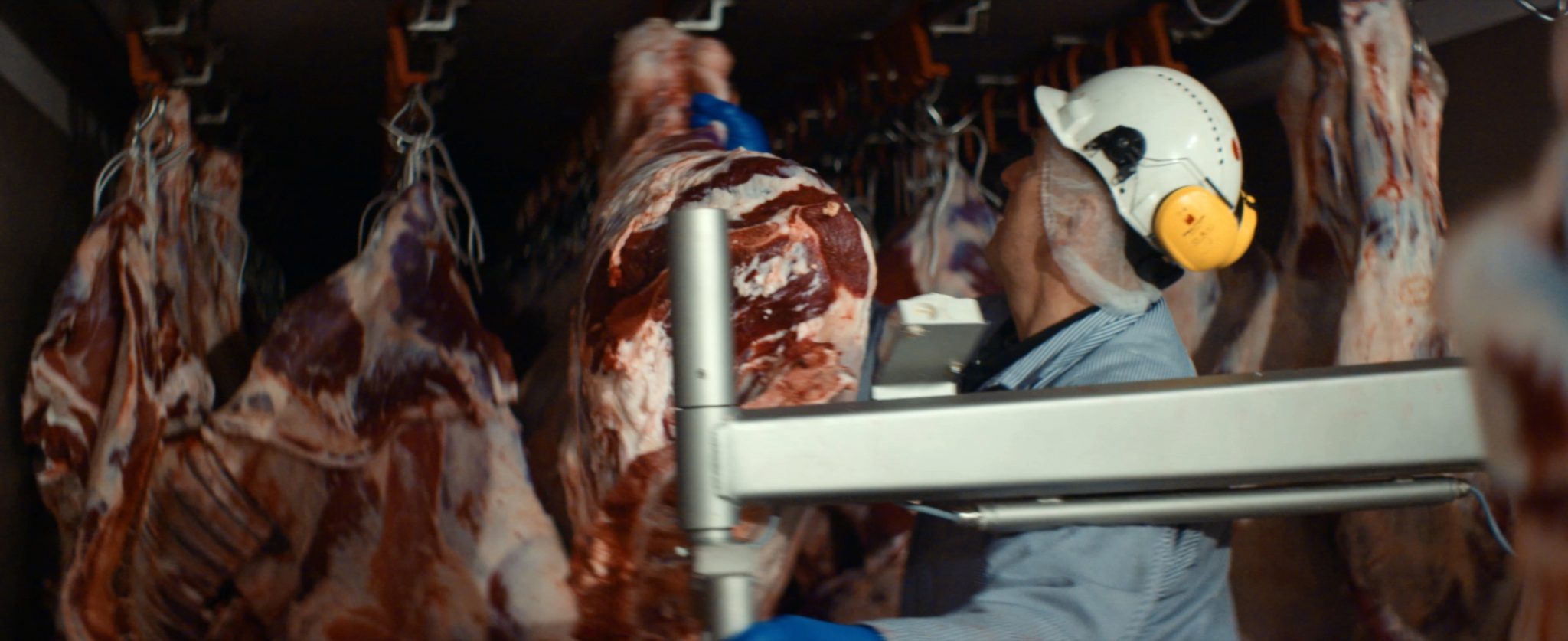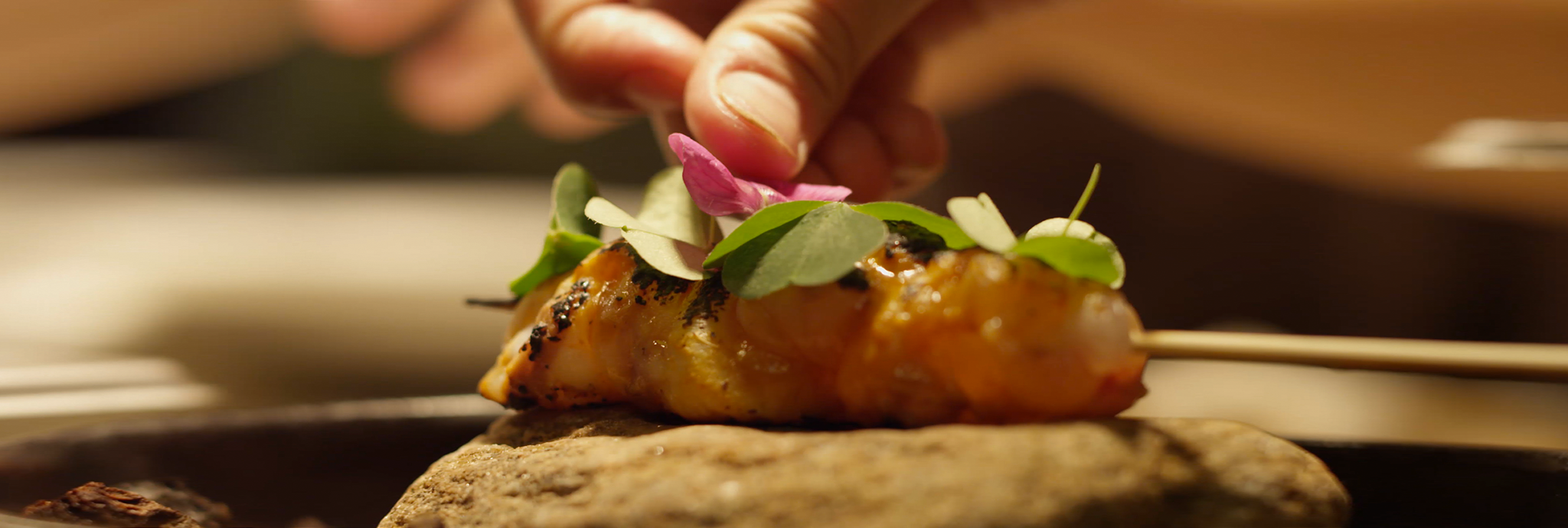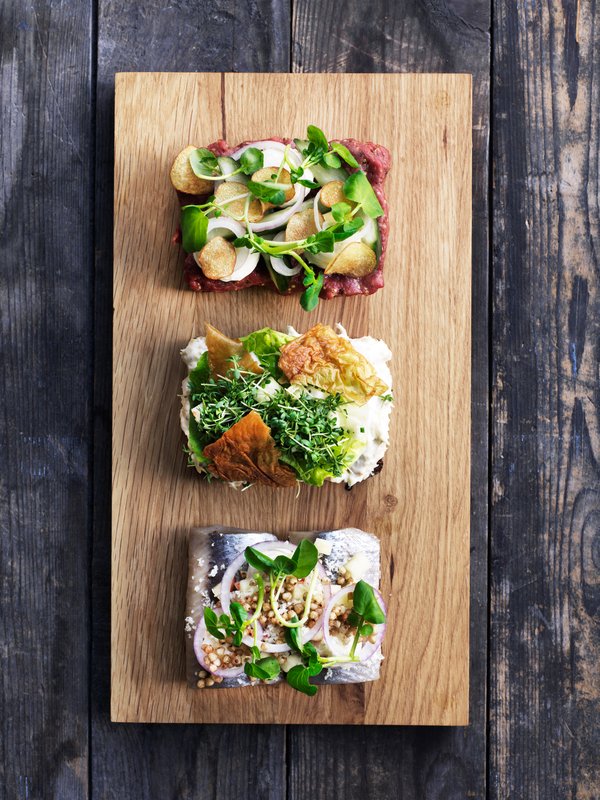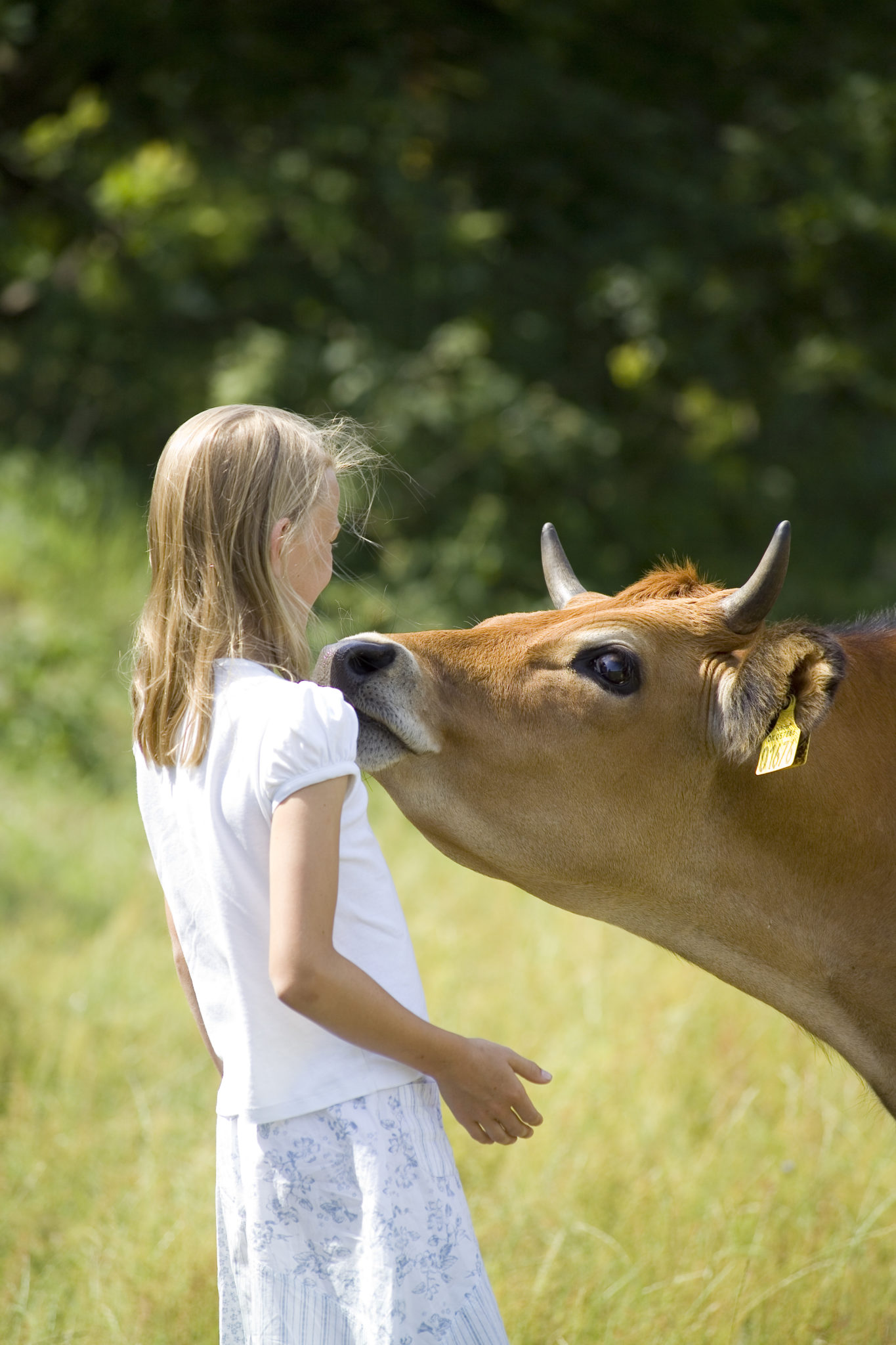When Danish gastronomy broke free of the norms
Denmark has always been known for bacon, butter and biscuits. But, if anyone had said 20 years ago that Denmark was destined to be the hub of a Scandinavian gastronomical awakening based on local ingredients, then many would have laughed out loud.
Nevertheless, this is what happened.
Since the Manifesto for New Nordic Cuisine was conceived in 2004, restaurant kitchens have driven the transformation – backed by agriculture, food manufacturers and the political system.
Today, the world associates Denmark with high gastronomic quality – a position we aim to maintain through hard work and innovative playfulness.


